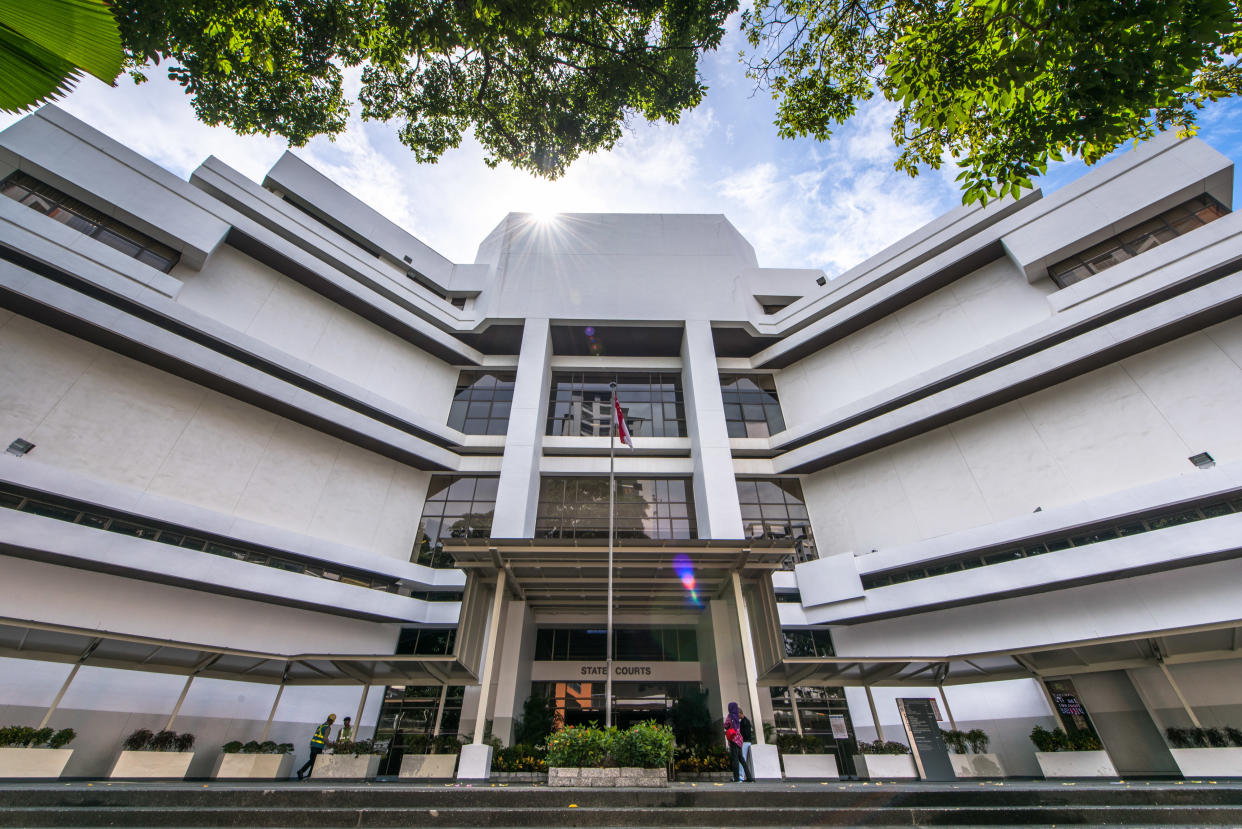Tembusu tree fall: Death of woman ruled a tragic misadventure

The woman who died after a tembusu tree fell on her while she was attending a concert at the Botanic Gardens was ruled a tragic misadventure by State Coroner Marvin Bay on Monday (30 April).
Indian national Radhika Angara, 38, was killed after a 40-metre tall heritage tree of more than 270 years old uprooted and fell on her on February 11 last year. She died from traumatic asphyxia and broken ribs about an hour after the accident.
The regional digital marketing head for Asia-Pacific at Mastercard was with her French husband, Jerome Rouch-Sirech, and the couple’s twins during the incident. Her husband, who was carrying the couple’s daughter, managed to avoid the tree but Angara and their son were struck by the tree.
During the start of the coroner’s inquiry last year, an arborist testified that the tree had been decaying internally but had no visible signs of rot, making it hard to predict that it would topple. He told the court that the tree was about 70 per cent decayed at the section where it broke off two metres above ground, according to media reports.
The tree was last inspected on 29 September 2016 by the National Parks Board (NParks). In its findings, the coroner said that it had considered three reports, one by NParks and two by independent arborists.
A director and branch head of NParks’ Landscape and Arboriculture Branch, Abdul Hamid, who examined the fallen tree, said that while compression roots had become well developed in the course of the tree’s long life, there had been signs of internal decay and a major cavity had developed behind the roots. However, there were no external signs of ill health.
He said that wind gusts and heavy rainfall in the preceding days of the incident, combined with the tree’s own weight, could have affected the integrity of the tree. He added that the collapse of the tree could not be predicted as there was a lack of visible signs.
Two arborists separately concluded that rain and wind might have contributed to the tree’s fall. Both also agreed the fall could not have been predicted.

During Monday’s hearing, Angara’s parents, husband and sister were in attendance.
Speaking to reporters outside of the courtroom on Monday, Angara’s sister said tearfully that the family lost her in a “truly horrific manner” and that reliving the cause of her death in the hearing was “gut wrenching”.
“Everything we heard over the course of this inquest suggested to us that the people in charge were remiss in performing their duties to keep the public safe at a Unesco World Heritage site,” she said emotionally.
“These people have the tools and the wherewithal to prevent this mishap. We believe it is their inaction that has caused us to lose my sister. This could have and should have been prevented,” she said, citing the evidence given at the hearing that 70 per cent of the tree’s core was decayed and hollowed, and that its roots were decayed.
She added that Angara’s two-year children – a boy and a girl – would never see their mother and have to bear the “burden” of the tragedy.



